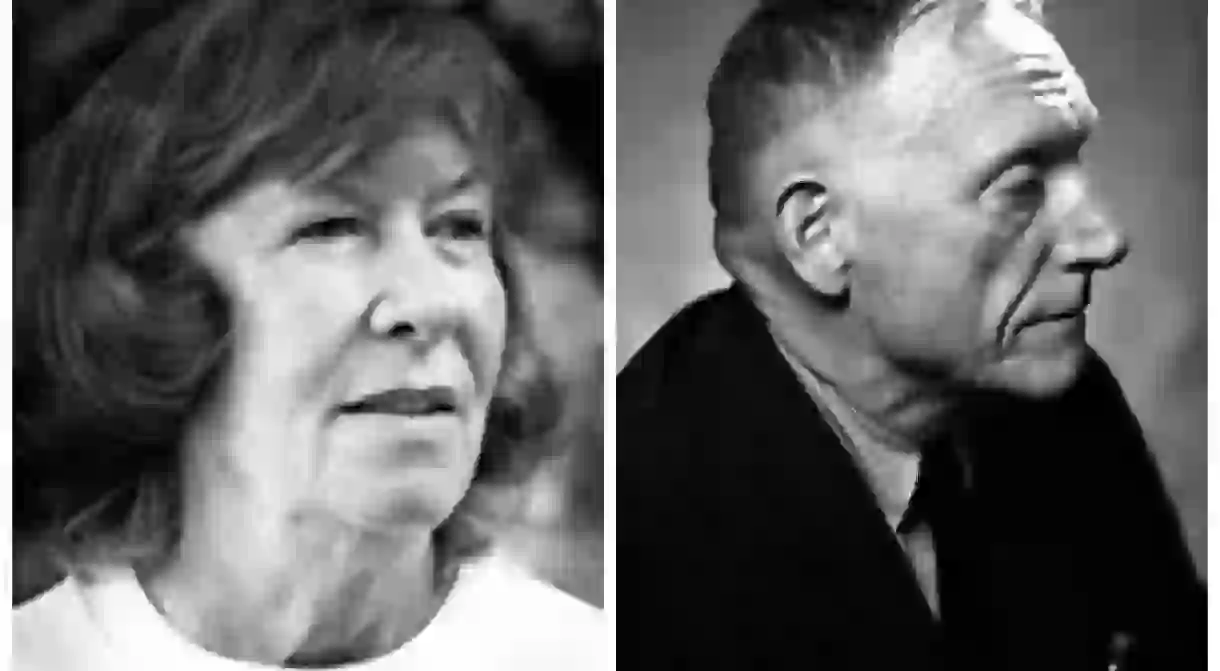The Iowa Writers’ Workshop: The Cradle Of American Literature

The Iowa Writers’ Workshop has since its inception in the 1930s fostered the literary development of an incredible roster of novelists and poets. As Lindsay Parnell discovers, many of these writers have gone on to great critical success both at home and internationally.

The United States’ inaugural MFA (Masters of Fine Arts) creative writing program opened its doors in 1936 under the leadership of Wilbur Schramm, an Ohio native and the founding father of academic communication studies at collegiate level in the United States. Based on a system of meticulous critique and thorough group discussion of student work (split into groups dependent on the study of either poetry or fiction) by students and tutors alike, Schramm’s Iowa Writers’ Workshop became the creative blueprint for writing programs worldwide. Located at the University of Iowa in Iowa City, Iowa, the Writers’ Workshop not only provided a higher academic setting in which the creative process of writing and critique of literature evolved, but also produced alumni that have become some of the most esteemed names of the American canon. The current list of alumni and former tutors claim nearly thirty Pulitzer Prize winning authors (28 as of 2012) for fiction, poetry and journalism.
1947’s Fiction Pulitzer Prize went to former Iowa faculty member Robert Penn Warren, in recognition of his dramatic novel chronicling the political deterioration of Southern populist, Willie Stark, All the King’s Men (1946). John Cheever, another highly regarded former tutor, won the same prize in 1979 for his fictional contribution, The Stories of John Cheever (1990), a brilliant volume of fiction containing the author’s Chekovian mindset in addressing middle-class American life. The 1999 Pulitzer recipient was another outrageously talented former student of the Writers’ Workshop, Michael Cunningham and his inspired re-imagining of the life of Virginia Woolf and her creation of Mrs. Dalloway in The Hours (1998). 2010 saw a Pulitzer awarded to recent Iowa graduate Paul Harding for his domestic drama on impending death, debut novel Tinkers (2009).

Poetry Pulitzer recipients affiliated with the Iowa Writers’ Workshop reads like a ‘who’s who’ roster of modern American poetry. Karl Shapiro‘s V-Letter and Other Poems was awarded Pulitzer honours in 1945, and then succeeded by Robert Lowell’s (who would be a double winner with his second recognition in 1974) Lord Weary’s Castle in 1947. Robert Penn Warren of All the King’s Men fame would also be a double poetry winner with Poems 1954-56, Now and Then in 1958, and Poems 1976-78. The 1960s saw a trio of Iowa alum and former faculty members with critical recognition for W.D. Snodgrass’ Heart’s Needle (1960), John Berryman’s 77 Dream Songs (1965) and Anthony Hecht’s (who attended but did not finish his formal degree of study) The Hard Hours (1968). Rita Dove, James Tate, Louise Glück, Phillip Levine and Mark Strand all received Poetry Pulitzers in the 1980s and 1990s, making the Iowa Poets one of the most internationally recognised literary groups.
Since its inaugural academic year in 1936-1937, Iowa City has hosted some of the most acclaimed and talented American writers of all time. Other former students include Flannery O’Connor and her gothic fiction, ZZ Packer whose debut short story collection, Drinking Coffee Elsewhere (2003), was both a finalist for the PEN/Faulkner award and a large portion written while completing her MFA. Patricia Hampl, Ann Patchett, the poet D.A. Powell, T.C. Boyle, Sandra Cisneros, Raymond Carver, William Dickey and Nathan Englander all spent time at the Writers’ Workshop as either students, faculty or both.
Alumni and former faculty lists are astounding compilations of modern American arts and letters icons, showing the continuing effectiveness of the structured program and creatively nurturing environment that William Schramm created nearly eighty years ago.
By Lindsay Parnell













